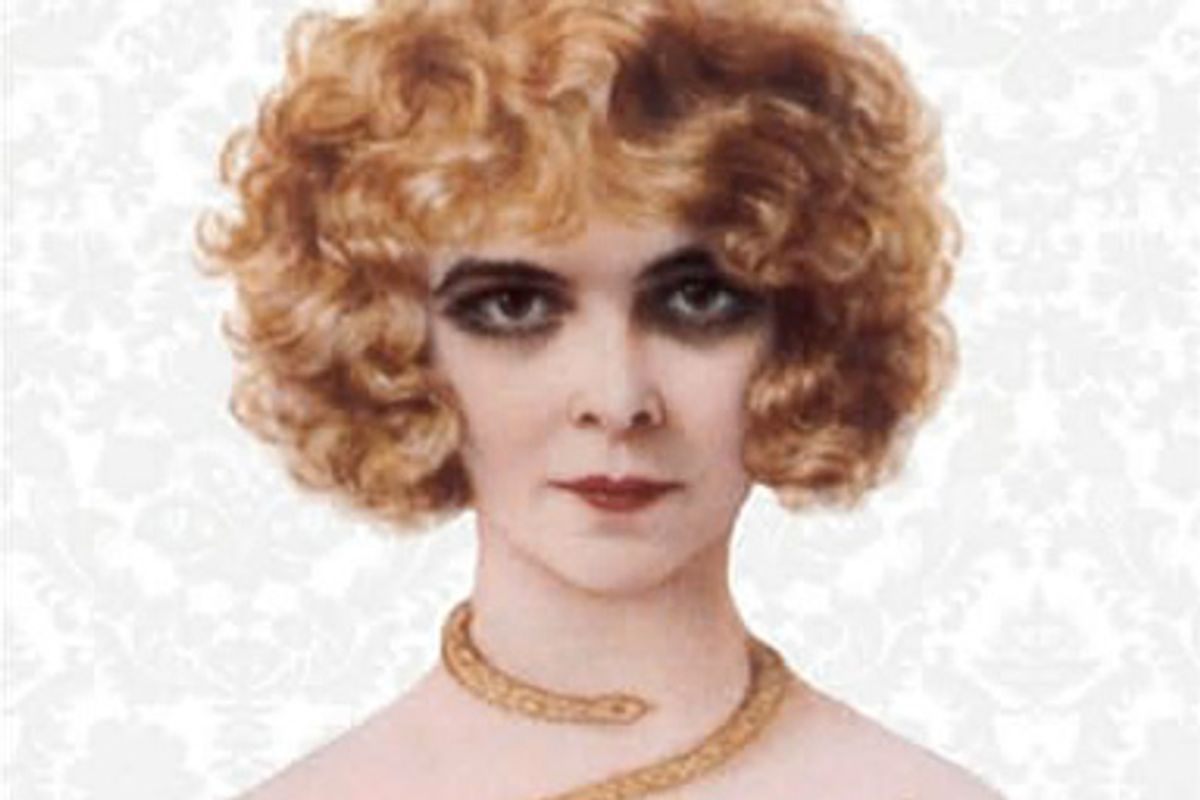The eccentric, extravagant socialite Marchesa Luisa Casati once declared, "I want to be a living work of art," and it's a feat she pulled off during her lifetime. More significantly, though, even in a world where celebrities work overtime to assert themselves as daring originals, the Marchesa Casati continues to cast her hypnotic, heavily perfumed spell from beyond the grave.
That seductive aroma wafts from every page of "The Marchesa Casati: Portraits of a Muse." Casati (1881-1957) was a tall, slender beauty with a taste for the unusual (even, apparently, when it came to sex) and a luxurious and idiosyncratic personal style: A celebrated figure in early 20th century European society, she'd stroll through Venice leading her two pet cheetahs on jeweled leashes; her daily look comprised an electric tousle of dyed-red hair and eyes rimmed with wide, dark rings of kohl. (She also used belladonna drops for added sparkle -- please don't try this at home.)
Like its subject, "The Marchesa Casati: Portraits of a Muse" is a sleek, glamorous volume. The text, by Scot D. Ryersson and Michael Orlando Yaccarino (also the authors of the Casati biography "Infinite Variety: The Life and Legend of the Marchesa Casati"), is lively and informative, but it's the illustrations (including photographs and drawings by the likes of Man Ray, Cecil Beaton and Jean Cocteau) that do most of the haunting here: A 1908 painting by Giovanni Boldini shows Casati in a raven-black portrait hat that might look ordinary, if not for the way her enormous, almond-shaped eyes peer from beneath it. Later, Jazz Age portraits show a wild-eyed woman who could be on the verge of madness -- or who was, perhaps, just grooving to her own private Stravinski-like melody. Casati died, virtually penniless, in London. But as Ryersson and Yaccarino tell us, "A later acquaintance recalled how Luisa invited him for gracious dinners of tinned food, and of her habit of telephoning him to ask with adventurous enthusiasm: 'I have ten shillings. Shall we have a bottle of cheap wine or go for a taxi ride?'" This was a life where money may have been squandered, but pleasure was not.



Shares